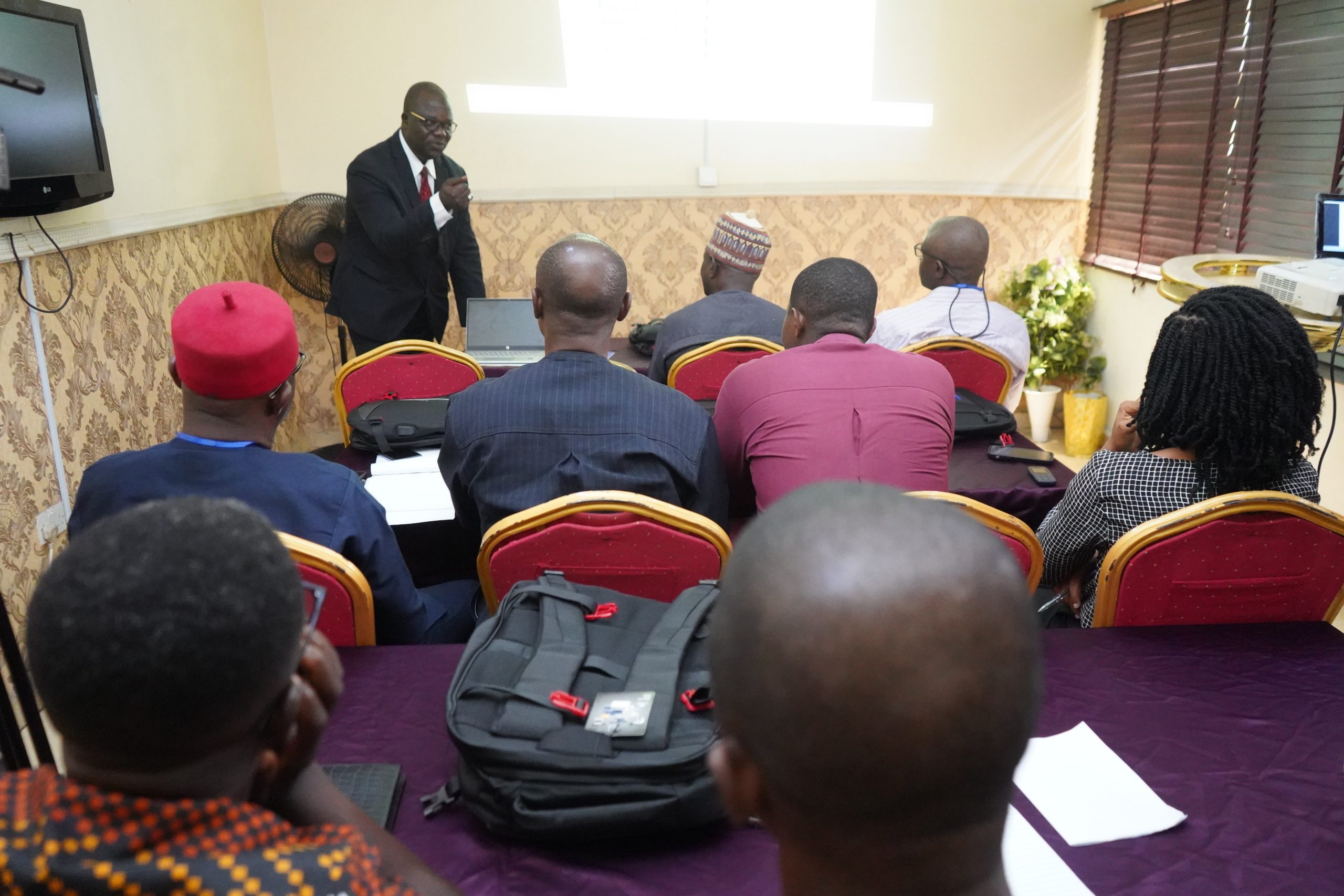The Independent Corrupt Practices and Other Related Offences Commission (ICPC) has called on public workers and officials to be accountable for their actions and decisions.
This message was delivered by ICPC Chairman Dr. Musa Adamu Aliyu, SAN, during a three-day Strategic Retreat on Corruption-Free and Accountable Service Delivery in MDAs. The retreat, organized by the Centre for Economic Reform Initiative, was held in Abuja for public officials in MDAs.
Represented by Mallam Hassan Salihu, an Assistant Director in the Public Enlightenment and Education Department, Dr. Adamu Aliyu emphasized that Nigeria has suffered significant losses due to a lack of accountability and transparency.
In his lectures, titled “Effect of Corruption on Public Sector Performance – Which Way Forward” and “Transparent & Accountable Public Sector Financing – What Chief Executives and Finance Officers Should Know,” Dr. Adamu Aliyu discussed the severe consequences of corruption across various sectors in Nigeria and highlighted how public officials can effect change.
Dr. Adamu Aliyu stressed the importance of open communication between citizens and the government to promote feedback stressing that the lack of transparency in the public sector fosters corruption, which hinders the government’s ability to provide essential services.
He offered practical steps for chief executives and finance officers to combat corruption, such as leading by example, implementing monitoring and evaluation systems, and fostering a culture of openness.
The ICPC Chairman also highlighted the ICPC’s achievements in combating corruption, citing numerous cases handled by the Commission and the recovery of public funds.
Dr. Aliyu used the occasion to remind participants that “ignorance of the law is not an excuse” and urged them to be well-versed in legal requirements and he reeled out several laws that they must familiarizes themselves with.
The retreat also featured presentations from the Code of Conduct Bureau and the Economic and Financial Crimes Commission (EFCC), where participants were encouraged to deliver excellent service in their respective organizations.

